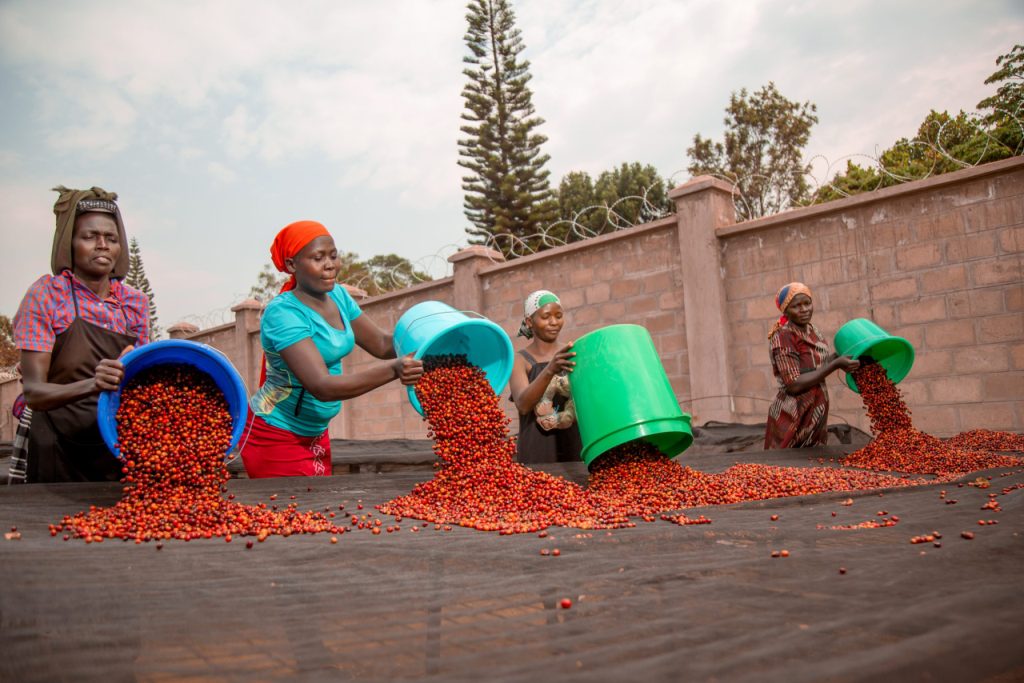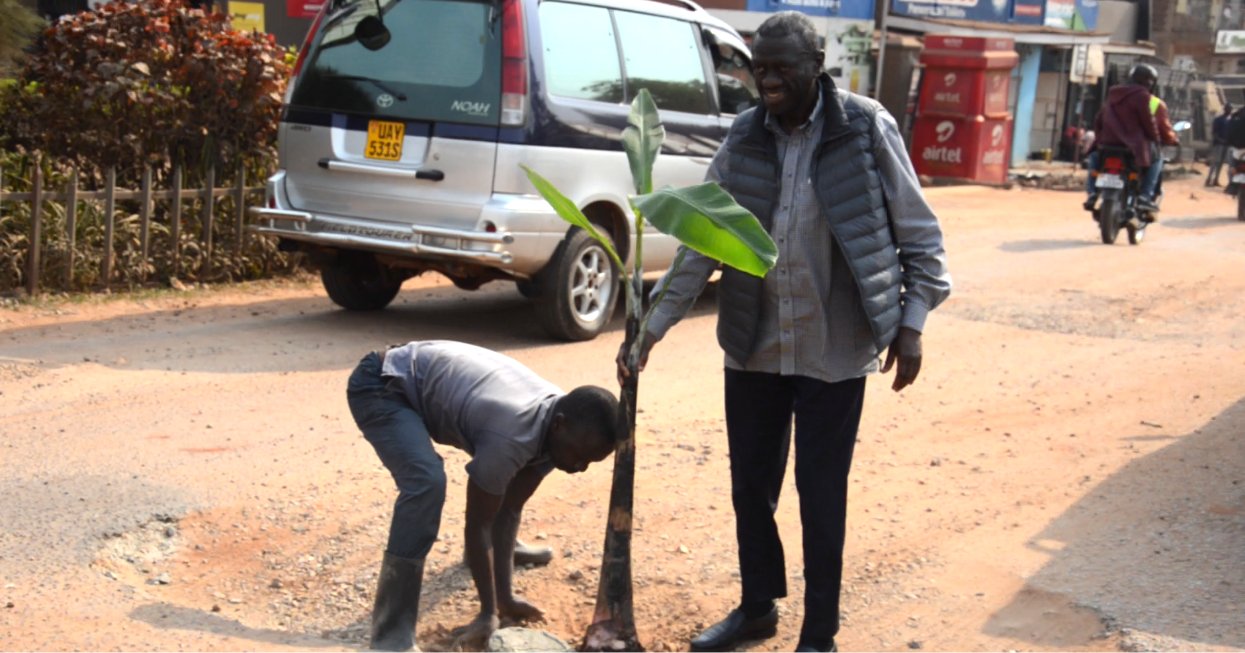A team of researchers, led by scientists from the Economic Policy Research Center (EPRC), is working on a study to create a digital tool that will assist farmers in making better forecasts for their agricultural activities. This tool will use USSD codes, making it accessible to both smartphone and feature phone users. Its purpose is to provide valuable information and timely alerts regarding local conditions and receive feedback.
Dr. Isaac Shinyekwa, a Senior Research Fellow at EPRC, emphasized that Ugandan farmers have the potential to increase food production and address the issue of insufficient food consumption for the estimated 16.4 million Ugandans. However, they often face challenges due to unpredictable weather conditions. The new tool aims to provide them with accurate and reliable information. Importantly, this service will not require an internet connection, as it relies on satellite data. The researchers are currently in the testing phase, seeking feedback from selected farmers across the country to assess the tool’s usability.
To develop this tool, the researchers plan to conduct a survey to determine which crops are best suited for different regions of the country, starting with maize and cassava. They will also make use of existing data from the Uganda Bureau of Statistics to estimate nutritional security rates.
Ambrose Asingizibwe, the Executive Director of the National Alliance of Agriculture cooperatives, will be responsible for training farmers to use the mobile tool. He noted that many farmers have been dissatisfied with forecasts provided by the Uganda National Meteorological Authority, which have led to incorrect decisions in the past.
Morris Kabyanga, the official in charge of the food production thematic area in the Office of the Prime Minister (OPM), urged the researchers to prioritize creating awareness about the tool. Similar innovations have failed previously because farmers were unable to use them effectively, despite receiving messages about them.
This study is financially supported by the German Development Agency (GIZ), with a budget of 40,000 euros.




















